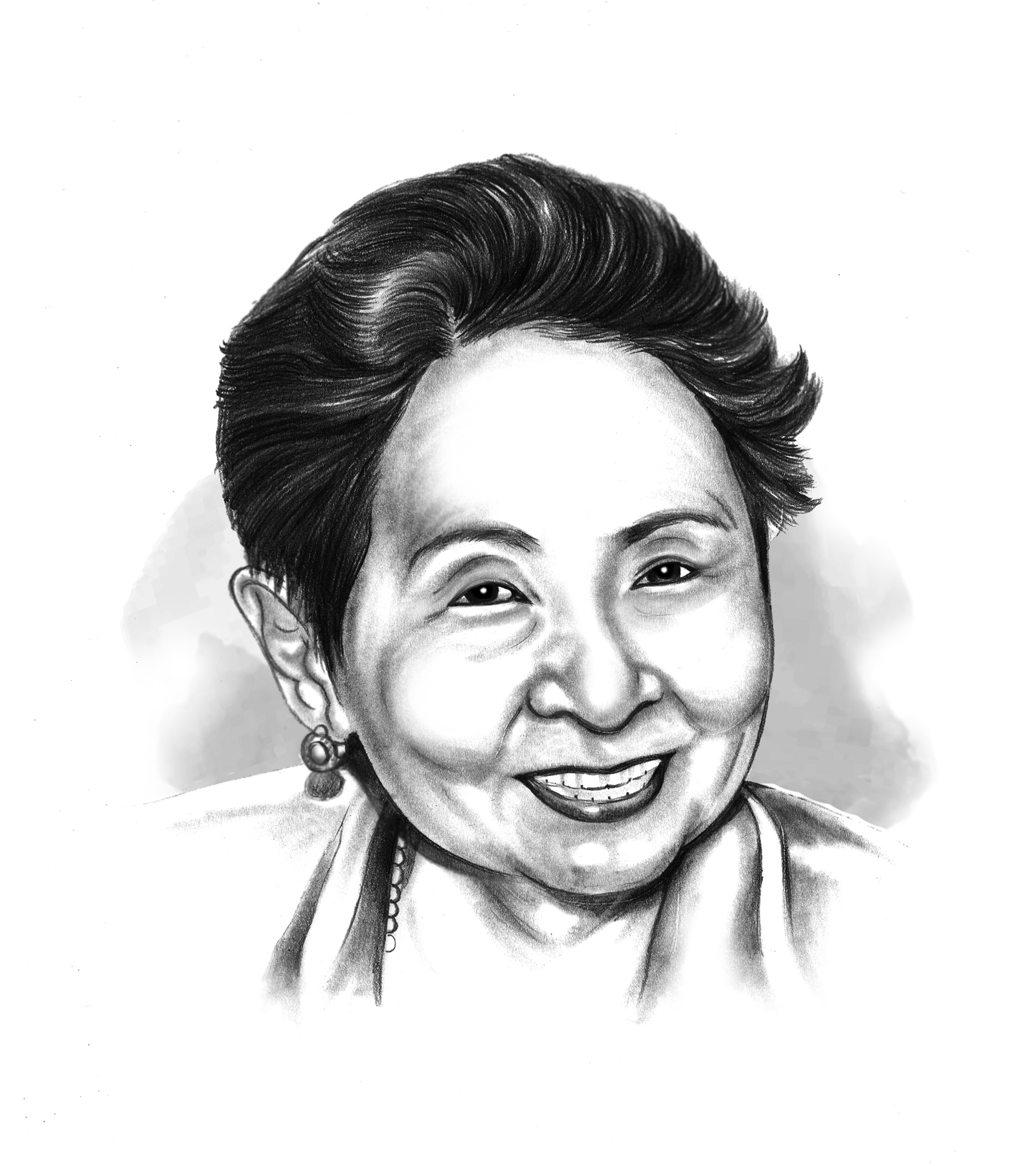PAGBABAGO

I’ve been writing about the Ramon Magsaysay awards which was established in 1957 to perpetuate the memory of one of the most loved presidents of the country and known for his integrity, courage and idealism. Some 348 awardees from various Asian countries representing the fields of government service, public service, community leadership, journalism, literature, and creative arts, peace and international understanding, had been honored since its inception.
The 2024 awardees are Bhutan’s Karma Phuntsho, cultural heritage; Japan’s Miyazaki Hayao, artist; Vietnam’s Nguyen Thi Ngoc Phuong, medical doctor; Indonesia’s Farwiza Farhan, environmentalist, and Thailand’s Rural Doctors’ Movement.
What makes the Award so significant? It is because beyond the importance of emulating the qualities of the late President, we now realize that it is their country and region that had nurtured these heroes. The impact of the contribution made by these modern heroes can be better appreciated by examining the dramatic changes on the Asian global stage. One is that hundreds of millions of people had been lifted out from poverty. Another is that Asia is now recognized as being at the forefront of global trade where it is the second most integrated trade region.
Thus, it is important to understand the environment which had shaped the values and drive of these achievers who continue to blaze new trails that had enabled Asia to become what it is today — a region where its economies have become larger than the rest of the world combined. This is particularly true in China, India and Vietnam which had shown remarkable economic growth.
These, and the following have been noted by the McKinsey Global Consulting Agency:
• Asia is the largest continent in both land and population (covers areas of more than 44 million square kilometers, which is about 30 percent of earth’s total land and eight percent of Earth’s surface area. It is home to a majority of human population, site of many of first civilizations, its 4.7 billion people constitute 60 percent of world’s population.
• One of the most dramatic developments had been Asia’s soaring consumption and integration into global flows of trade, capital, talent, and innovations.
• Asia is home to 18 of the world’s 20 fastest- growing corridors.
• Asia is home to the world’s earliest civilizations which pioneered many practices integral to growth.
• It is now the key engine for a global economy with 21 economies having a combined GDP of $39 trillion.
• It is home of the most populous regions and diverse societies, each with its own creativity and technological process.
On the influence of culture on the development of international law, B.S. Chimni in “Asian Civilizations and International Law, Cambridge University 2010” notes attributes of India’s culture such as practices of non-violence and spiritualism, anti-imperialism, and imperatives of peaceful dialogue. The essence of TWAIL (Third World Approaches to International Law) in the formulation of the law of the sea and other environmental laws has been the principle of equality between civilizations. No idea of global justice is legitimate if it does not respect cognitive reciprocity.
Another example of the influence of culture is the development of an alternative to the GNP or Gross National Product (measure of the value of goods and services produced by the people). This is GNH or Gross National Happiness, a term coined by the King of Bhutan in the 1970s. It takes a holistic approach towards notions of progress and gives equal importance to non-economic aspects of wellbeing with its four pillars – good governance, sustainable socio-economic development, cultural promotion, and environmental conservation.
Asia, which holds the greatest share of highly educated young workers are also shown as significant players in the Fourth Industrial Revolution which will see the growth of drones, AI, mobile technologies, 5Gs and other critical technologies of the future.
Thus, past and future laureates of the prestigious Ramon Magsaysay Award will be expected to take major responsibility in leading the global community in the development of our desired future.